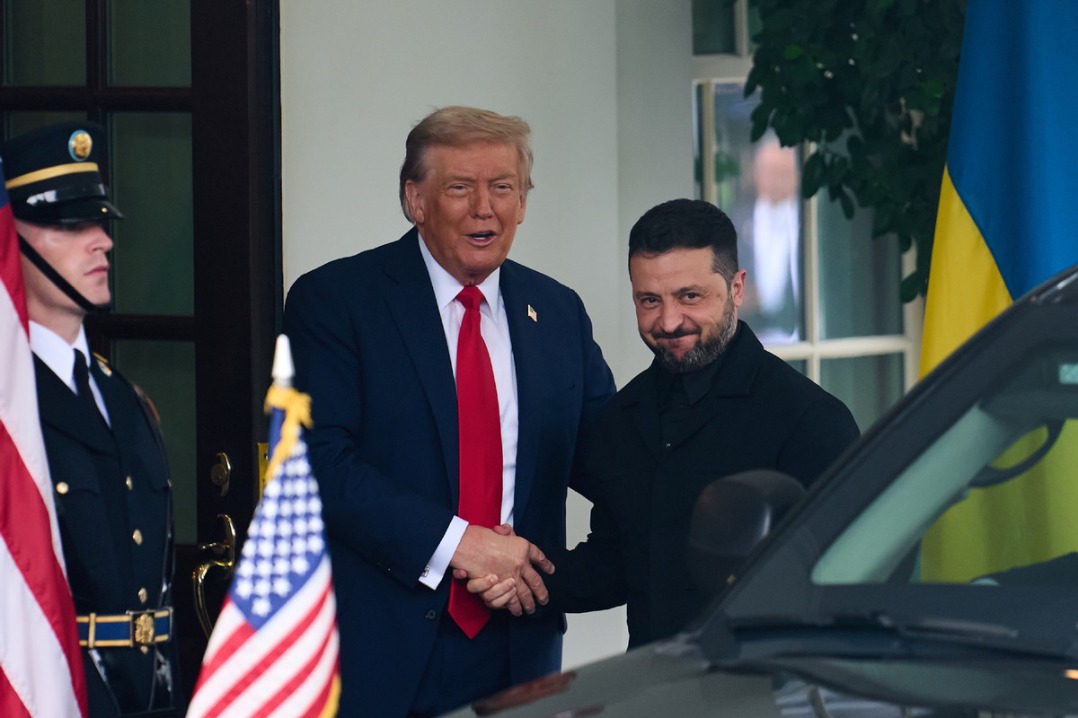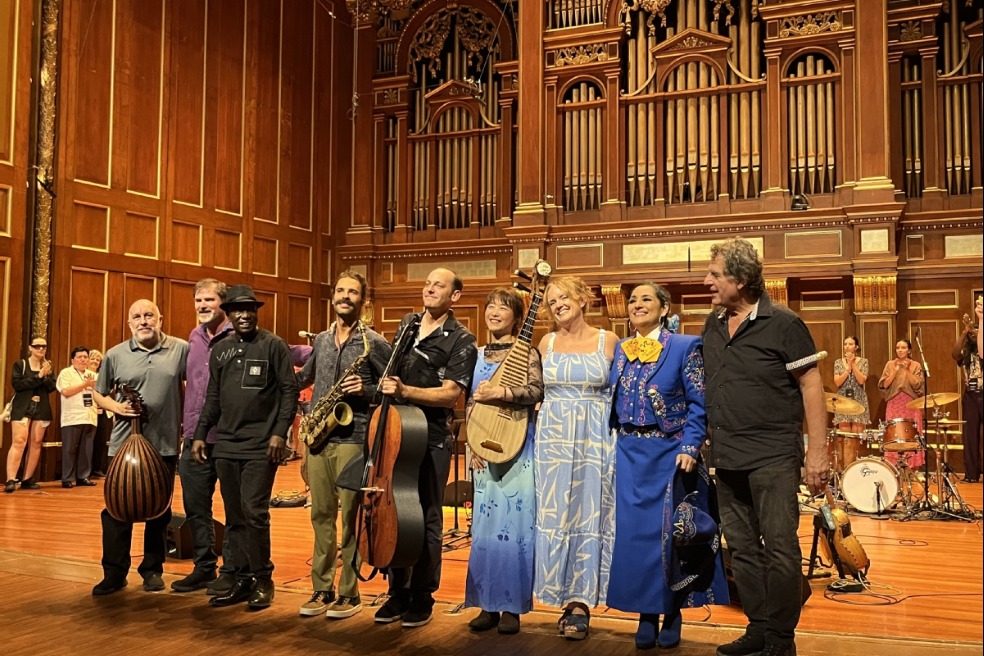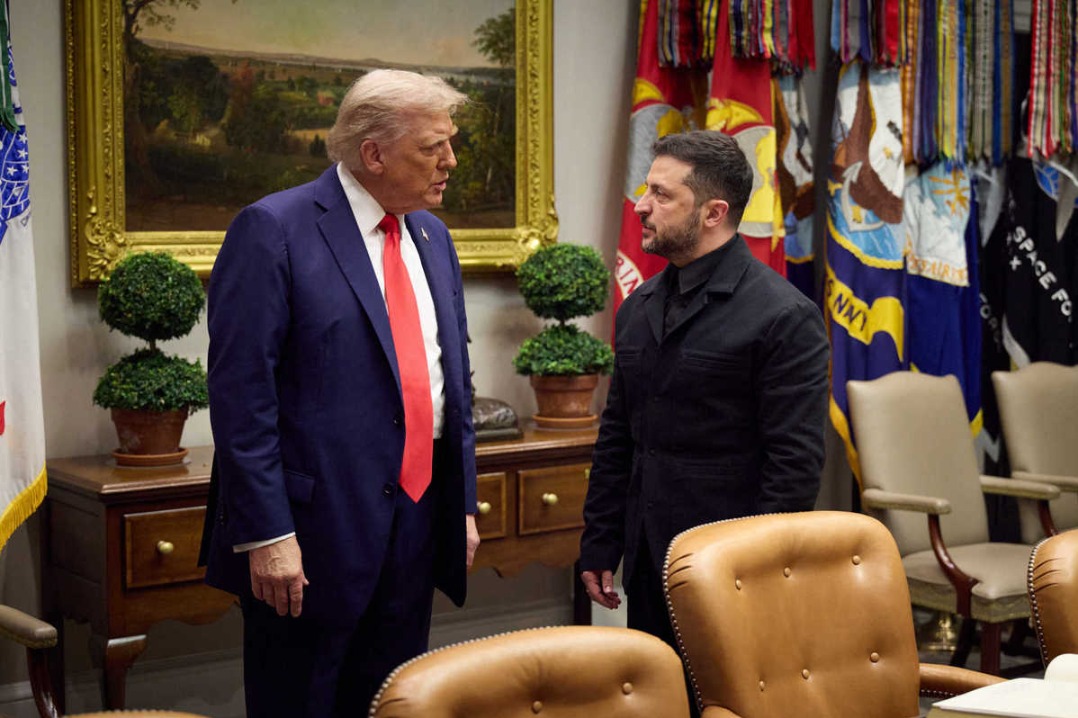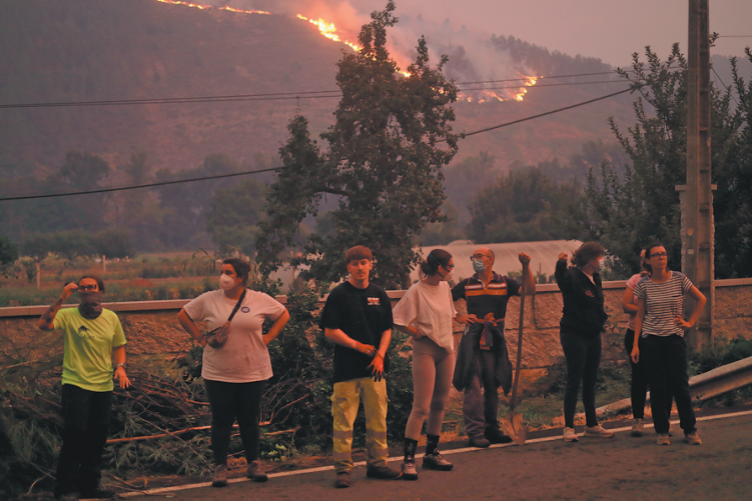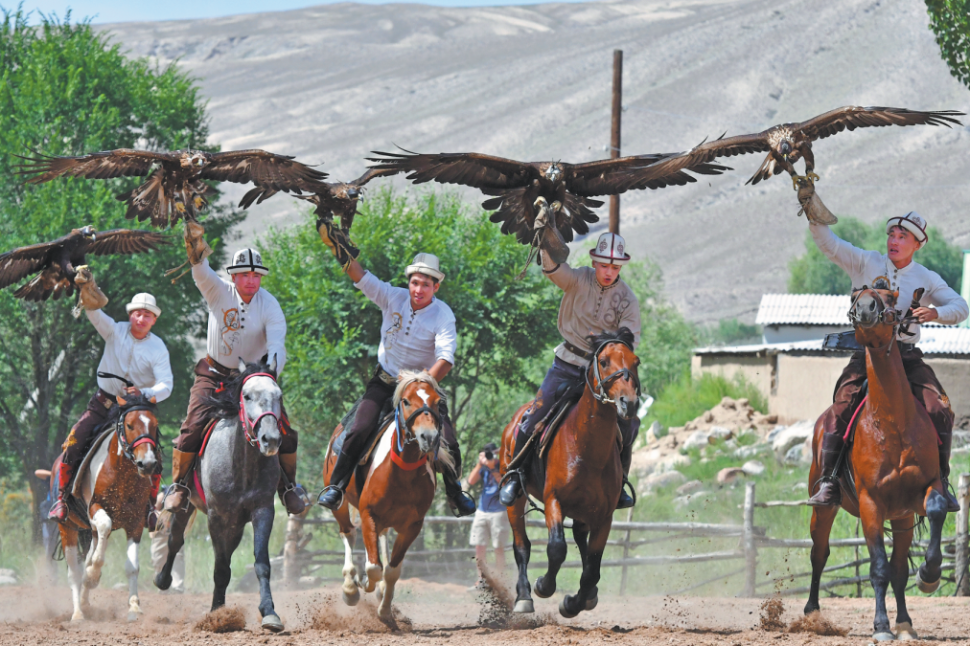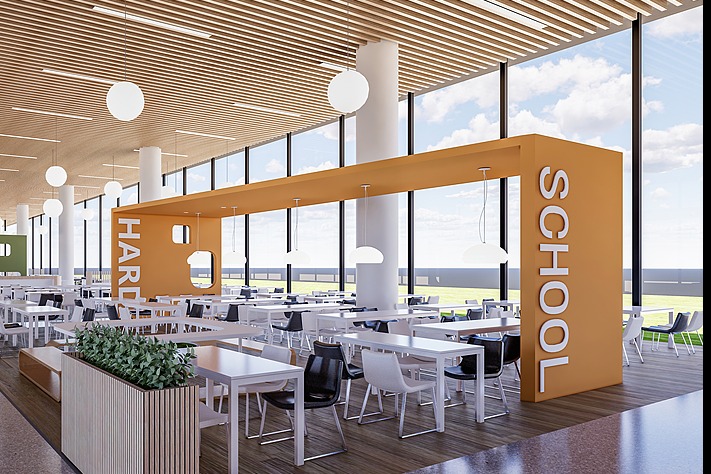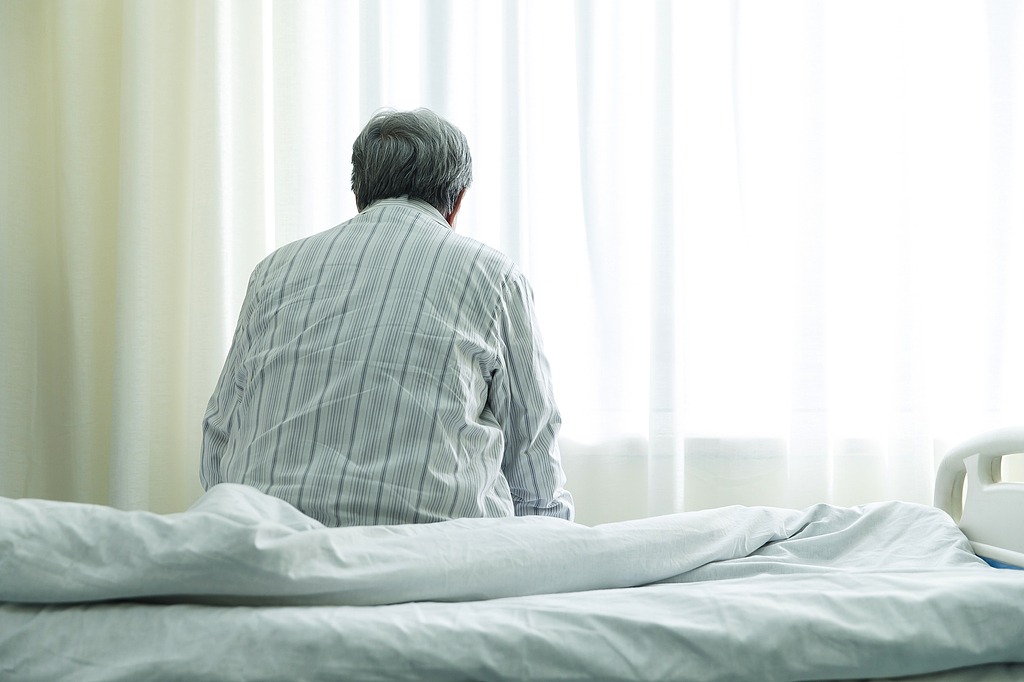Further MAX delay likely as EU agency plans tests of jet

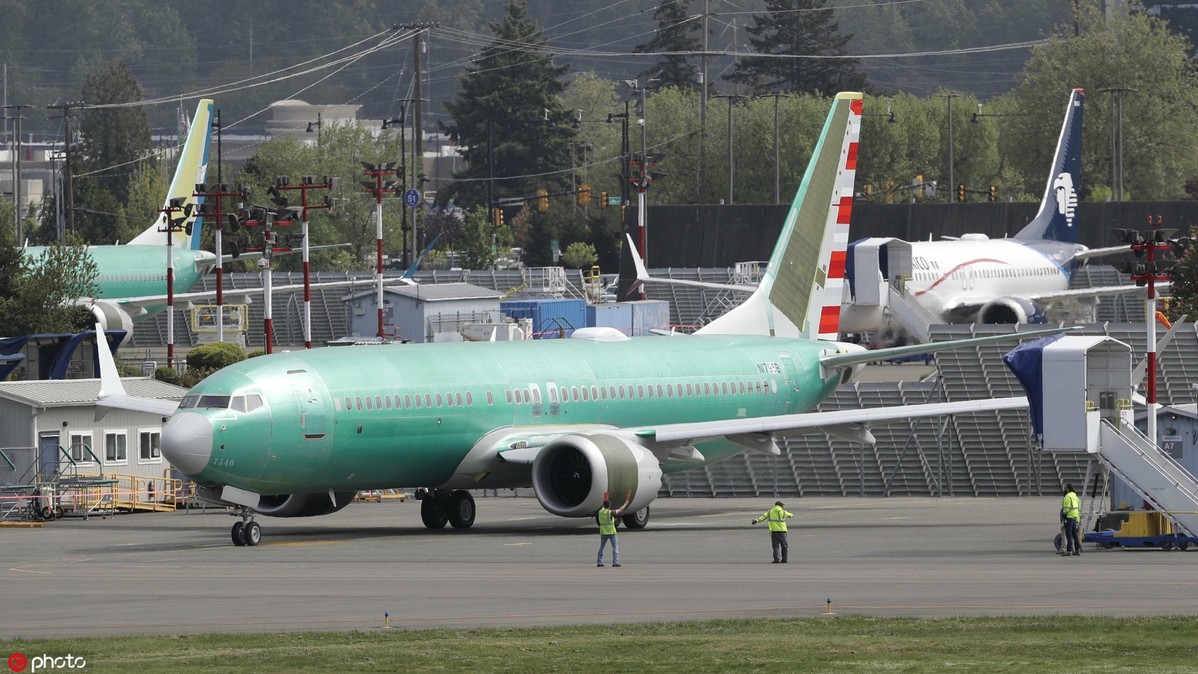
The European Union Aviation Safety Agency's (EASA) decision to do its own testing on the Boeing 737 MAX rather than follow the US Federal Aviation Administration's (FAA) lead almost certainly means further delay in recertifying the plane's worldwide return to service.
EASA chief Patrick Ky told Reuters that recertification of the MAX may follow the FAA by a "couple of weeks" due "mostly to process or administrative technicalities". In the past, EASA has generally followed the FAA's lead.
Janet Northcote, EASA spokeswoman, said the agency's test flight likely will take place in December after the FAA's own testing. Results then will be shared with members of the European Union so the MAX can be cleared to enter air spaces of each of its 32 member states. She said the gap between test flights by the FAA and EASA will be "as minimal as possible".
Boeing hopes the plane will return to service this year, but EASA's decision probably pushes recertification of the plane in Europe into January at the earliest.
"This isn't theatrics," Robert Mann, president of R.W. Mann & Co, an aviation consulting firm in Port Washington, New York, told China Daily. "It's a case of certification protocols being slightly different. EASA wants hands-on flying as well as simulator testing. EASA says it could be plus or minus a couple of weeks (from FAA's testing). In my view, it will be plus — and that pushes things back to January or February."
Analysts said at least 45 days will be needed to prepare grounded planes for service. If recertification is staggered, as now appears likely, MAX jets could be grounded for about a year in some parts of the world.
Mann said there was never a question that problems with the MAX's anti-stall system could be corrected and that the plane would be recertified for commercial service. While EASA's delay underscores that regulators are moving cautiously and deliberately, he said the action doesn't resolve their basic problem of keeping up with innovations in the aviation industry.
"None of this addresses the limitation in existing certification process where regulators don't fully understand what innovators are doing," he said. "Innovation comes from the industry, not regulators."
MAX jets were grounded last spring following crashes on Oct 29, 2018, in Indonesia and March 30 in Ethiopia that killed 346 people. Investigators believe the plane's anti-stall device, the Maneuvering Characteristics Augmentation System (MACS), may have erroneously pointed the nose of the planes down to avoid a mid-air stall and into a fatal plunge. China was the first to ground the plane, and the US was the last.
Also, Kevin McAllister, in charge of commercial aircraft for Boeing and a key member of the team to fix the MAX's anti-stall device, will be replaced by Stanley Deal, the company announced Tuesday.
The New York Times said McAllister was criticized internally for his response to customer concerns following the two crashes. Deal is head of Boeing's global services.
FAA Administrator Steve Dickson, speaking to a conference of air traffic controllers in Washington on Tuesday, said Boeing had submitted the "final software load" and a 500-page "complete system description" of MCAS revisions for review. Dickson said it will take "several more weeks" to review the material and determine what pilot training is needed for the MAX's safe return to the air.
In a statement to China Daily, Boeing said: "Our teams are working closely with the FAA and international regulators on our software and training updates, pilot evaluations and certification materials. We continue to target approval for the 737 MAX's return to service this quarter, though it's the FAA and other regulators who will determine the timeline."
A 2016 instant-message exchange between Boeing test pilot Mark Forkner and a colleague appeared to discuss the manufacturer's modifications of the MACS system. Forker called the anti-stall system's performance on the flight simulator "egregious".
News of the exchange drove Boeing's shares down Monday after two Wall Street firms downgraded the stock, but the discussion centered on the performance of the flight simulator — not the plane's anti-stall device, Mann said.
"This illustrates what happens in the real world when building a simulator to mimic how aircraft will fly," he said. "The simulator's code wasn't final and didn't perform as intended. On its face, this looks terrible. But the model didn't meet the MCAS system as built. In fairness, that's because MCAS was being changed faster than the simulator's software was updated."
Nevertheless, S&P Global on Tuesday lowered its rating of Boeing to "negative" from stable following reports about the pilot's comments.
On Monday, Boeing's stock fell 3.76 percent, lost $12.94 a share and closed at $331.06 on the mistaken belief that the test pilot had criticized the MCAS system. The stock rallied Tuesday, closing at $337, up $5.97 a share or 1.79 percent.
















